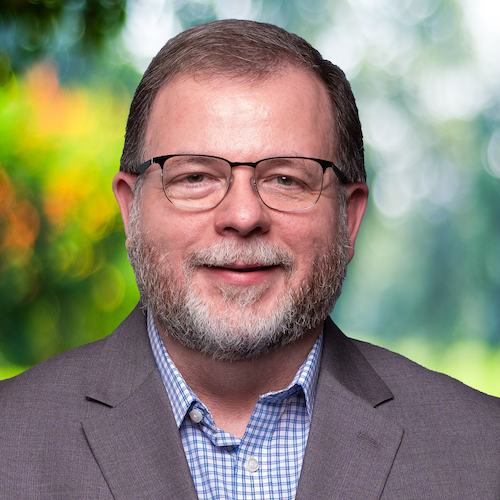Cultivating sustainability in an organization has long been a best practice. During 2020, we have seen this importance magnified as those who embraced a philosophy of sustainability are generally weathering the pandemic and related economic turmoil better than the rest.
The good news: it’s never too late to embrace a sustainable mindset!
Sustainability's synonyms - continuous, imperishable, and unending - help paint a vivid picture of the significance of time when thinking about sustainability. We are not just talking about getting from month to month or from one year to the next. True sustainability implies tackling big picture issues with both strategic and tactical implications.
Q: How long is the sustainability time frame for you?
A: Whatever it takes to fulfill your mission. Some organizations are formed to solve a specific problem like regional homelessness or to find a cure for a disease. These groups seek to sustain themselves only until that goal is achieved, then celebrate and joyfully cease to exist. Others have a broader mission that desires to serve the community in changing ways over time.
The journey to sustainability begins with leadership and specifically leaders who place organizational longevity above personal legacy. This applies to the CEO of course, but also to the senior team, direct reports and volunteer leadership.
Becoming a longevity leader
- Build a strong engaged board that embraces both their roles and responsibilities. You may never have worked more closely with your board than over the past few months. Your volunteers likely understand more than ever how their time and talent helps move the organization forward, and how the board fits into the overall governance structure. Make certain they also understand the significant responsibility that comes from serving in such an important fiduciary capacity. Continue working together, respecting boundaries, and emphasizing transparency. Fill vacancies with people who can be flexible and strong partners as you plot your future course.
- Balance risk versus reward to avoid overreach. Use your mission, vision and strategic plan as your guide. Work to solve the problems you exist to solve. Don’t get into areas where you lack expertise or where others are already serving well. Accept grants that subsidize work you’re already doing or advance your strategic goals rather than chasing funds for their own sake. And do not unduly leverage the work you are already doing in the hopes of being remembered for that one great idea.
- Be willing to miss an annual budget for the long term good. Many leaders are proud to say they’ve never missed a budget in their career. Perhaps the organization is tremendous at forecasting and the numbers just naturally line up. But too often budgets are balanced at the cost of staff, training and facility maintenance. The current economic crisis has only made this tension more pronounced. Rather than managing to meet your 2020 budget, be strategic, consider the long-term effects of short-term fixes and make financial investments that maintain forward momentum for the years to come.
- Have a working knowledge of all the numbers. Most leaders are well versed in the details of the operating income statement. But that only tells part of the story. Regularly report on any and all funds you have, capital, restricted, endowment and so forth. Dive into the balance sheet and cash flow statement to see the rest of the story. If you have loans, understand your covenant calculations and how organizational decisions can impact them. You’ll likely always have financial experts on your team, but don’t abrogate your own responsibility to know the numbers.
Sustainability does not happen by accident. It is cultivated over time through countless small, deliberate actions.
DBD helps non-profits build sustainability through financial management services as well as resource development, strategic planning, board governance and more. If you would like to learn more about how we can support your organization in such an effort, click here for a free consultation to learn more.
Photo by Olivier Miche on Unsplash

